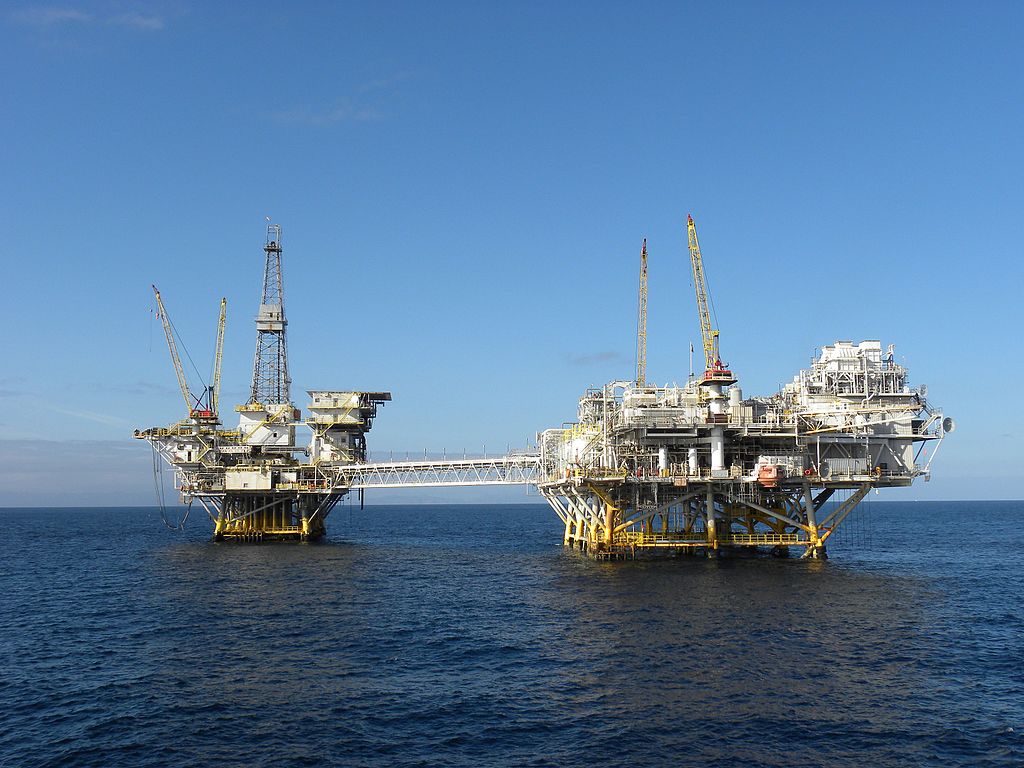The cleanup of over 126,000 gallons of oil is underway in Orange County, an effort that will continue 24/7 until the mammoth task is complete, according to County Supervisor Katrina Foley. But as officials still try to assess the long-term damage, Aquarium of the Pacific President and CEO Peter Kareiva said it’s inevitable more oil spills like this will happen in the future.
“It’s not a surprise at all,” he said about the spill during an interview with the Long Beach Post. “We have over 60,000 miles of oil pipeline in the U.S. Half of that 60,000 miles is over 50 years old. Oil pipelines start failing at age 40.”
“This particular platform is over 40 years old,” Kareiva said of Elly, the oil platform off the coast of Long Beach that’s serviced by the pipeline that officials believe leaked the catastrophic amount of crude.
Foley said the oil company that owns Elly, Amplify Energy, will be held responsible. But Kareiva said we should not vilify oil companies when this happens. The blame, he said, spreads further.
“You drive cars; you heat your homes with natural gas,” he said. “You can’t condemn all of this and live and embrace a lifestyle that demands the oil.”
Kareiva believes the solution is simple: We should be more intentional in our efforts to move away from fossil fuels. But even that would not immediately free us from oil spilling into our oceans.
“The oil companies are in a bit of a bind,” Kareiva said. “If oil is being decommissioned, then how much money are they going to invest in repairing their lines?”
While navigating completely away from oil and its inherent spills may still be a long way off, today, the beaches of Long Beach are safe and remain open—even as two of the aquarium’s specially trained hazmat staffers are helping with the cleanup in Orange County.
If you are out and enjoying the beaches, and see a dead or injured animal with oil on its body, Kareiva said you should not touch the animal. Instead, call the Oiled Wildlife Care Network at 1-877-UCD-OWCN (1-877-823-6926).
Editor’s note: A previous version of this article incorrectly identified the name and phone number of the group coordinating care for oiled animals.
As ‘softball-size clumps’ of oil wash up in Orange County, divers inspect pipeline that failed

